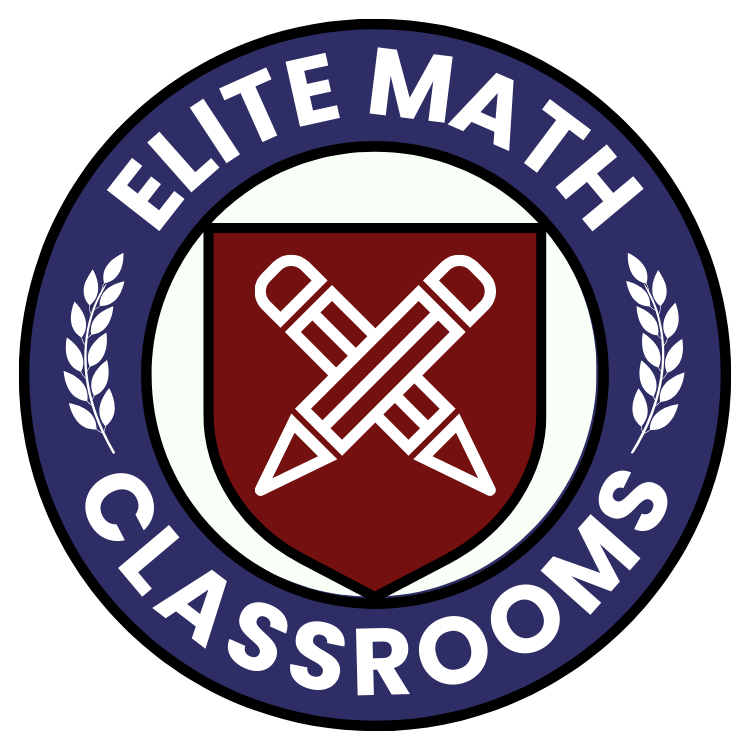Master Classes
As a graduate student in the Math for Teaching program at Harvard, I completed a thesis on teaching math more conceptually and with the use of more proofs and less memorization. This research is the basis for the workshops and training I offer now, and is the foundation of Math Teacher Institute. Some of the trainings I developed for precalculus and calculus topics can be viewed below. These videos are just a short example of the depth and detail with which we cover topics in our intensive, math-focused trainings.
Teaching Vectors Conceptually
Let's talk about teaching vectors to our precalculus and/or calculus students in a practical and conceptual way! In this lesson we'll discuss why vectors are so important, what a vector represents, and how to teach some of the key equations of vectors like dot products and cross products with proofs that are valuable and accessible to our students.
Parametric and Polar functions
In this lesson we are going to discuss teaching Parametric and Polar functions conceptually, as well as highlight the value in these alternative systems for our students. We'll discuss the advantages and value in using parametric form and polar form, and why we should focus more on the value of these forms, and less on the process of converting to rectangular form. We will also focus on why the parameter "t" is valuable and how to help our students to better understand these equations in a conceptual way.
limits
In this lesson we will do a deep dive into how to explain limits deeply and conceptually to our students. We'll discuss what makes limits different from topics your students have covered before, how to use limits as a bridge between precalculus and calculus, and the special details we want to highlight for our students along the way.
Calculus Theorems
In this lesson we discuss some of the key theorems taught in calculus. We'll discuss the mean value theorem for derivatives, the squeeze (sandwich) theorem, and the Fundamental Theorem of Calculus. We'll look at how to explain theses challenging concepts to our students conceptually, as well as how we can prove them in an accessible and valuable way.

